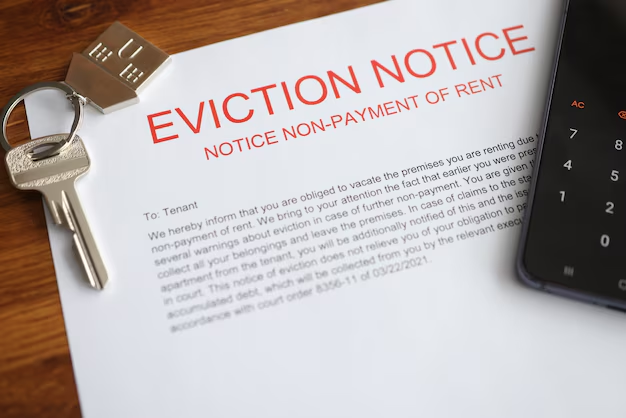Breaking a Lease: What You Should Know
Navigating the complexities of breaking an apartment lease can be daunting, but whether you're moving for a job, a family need, or an unexpected life change, having the right information can make the process much smoother. Understanding your options and legal obligations is key to minimizing financial repercussions and preserving your credit score.
Understand Your Lease Agreement
Before taking any action, review your lease agreement thoroughly. Most leases have specific clauses about early termination. Key points to look for include:
- Notice period requirements: How much advanced notice you need to provide.
- Termination fees: Any financial penalties for breaking the lease early.
- Subletting options: If you're allowed to lease the apartment to someone else.
- Early termination clause: Some leases have built-in allowances for specific situations like military deployment or job relocation.
Communicate with Your Landlord
Once familiar with the lease terms, communicate openly with your landlord. Transparency can often lead to amicable solutions, such as:
- Negotiating a buyout: Agree on a sum to terminate the lease early.
- Lease assignment: Transfer your lease to a new tenant.
- Sublease: Introduce a subletter, often a preferable solution for landlords and tenants alike.
Landlords may be more flexible if the property is in high demand; however, always get any agreement in writing to protect both parties.
Check for Legal Exceptions
In certain situations, you may legally break a lease without a penalty:
- Habitability issues: If the apartment violates health and safety standards.
- Military service: Active military personnel can terminate under the Servicemembers Civil Relief Act.
- Domestic violence: Some jurisdictions allow survivors to leave a lease without penalty.
It's crucial to check local laws for specific regulations applicable to your situation.
Financial Considerations
Breaking a lease might come with financial implications, such as losing your security deposit or paying additional fees. If the financial burden is significant, consider exploring:
- Government aid programs that offer rental assistance.
- Debt relief options to manage any owed money or fees.
- Negotiation with landlord for a smaller settlement.
Assessing your financial health will provide clarity and prevent compounding issues.
Protect Your Credit
Failing to handle a lease properly can negatively impact your credit score, which affects future renting and loan opportunities. Ensure that your credit remains intact by:
- Resolving payments to landlords promptly.
- Verifying credit report to confirm the lease termination was recorded correctly.
- Avoiding eviction, which severely impacts creditworthiness.
Resources to Help You
Breaking a lease is rarely black and white. Explore additional resources to help ease financial stress and improve your situation:
- State housing authorities offer guidance and assistance.
- Financial advisors for personalized advice.
- Legal aid services to understand rights and obligations.
Here's a quick guide on potential help programs and solutions:
- 💰 Government Aid Programs: Offers rental assistance for low-income households.
- 💳 Credit Counseling: Services to improve credit score and manage debt.
- 🏡 Public Housing and Vouchers: For those meeting specific income requirements.
- 📈 Debt Relief Options: Programs to consolidate and manage debts.
- 🎓 Educational Grants: Assistance for pursuing educational opportunities to increase job prospects.

